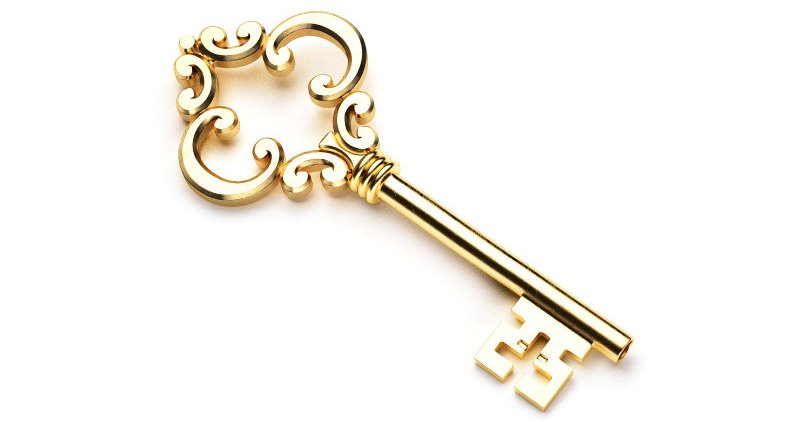What is the key to choosing the right therapist for yourself?
You know, therapy is not for everyone.
Sometimes a walk with a trusted confidant, or dinner with our friends is just what we need. But if you have an ongoing issue that you have struggled with and it is affecting your daily life, your relationships, or your ability to work, therapy or counseling can be the best investment you will ever make in yourself.
Sometimes people are simply afraid to start therapy.
They see it as expensive, time consuming, or just plain weird. After all, you’re entering a relationship with a perfect stranger to help you explore some very personal issues.

DATA SUPPORTS THERAPY EFFECTIVENESS
Interestingly, data from meta studies (Duncan and Miller, 2009) repeatedly demonstrates that therapy is effective. Most people are 80% better off than if they did not come to counseling.
Why? Because when you feel a comfortable connection with your counselor, then you have a safe place to try out new ways to solve problems. And typically you will have a good sense of that in the first meeting.
Also a factor, the therapist you choose has no vested interest in the outcome of your problem, so they can serve as a neutral collaborator to help you reach meaningful solutions. And it can be a comforting safety valve to have someone to privately express your fears and concerns to on a regular basis.
An important point to consider is that licensed professionals are bound to confidentiality and ethical codes. Friends and family are not.
WHAT TO ASK
So if you were to look for a therapist, what are the qualities you might seek?
For starters, you might ask about their approach. Does it match up for you? Do you sense a comfortable rapport with this person? Are you beginning to gain a small sense of hope? Maybe once you hang up from the call, you feel just a little lighter? Chances are good for a successful therapeutic partnership if you can say yes to these questions.
One thing strikes me as ironic is that people are so willing to invest in things, habits, pills and addictions, yet they won’t invest in themselves. And once you learn the tools and techniques available in therapy, they are yours for life. I cannot think of a single medication that can make that promise.











Leave a Reply
Want to join the discussion?Feel free to contribute!